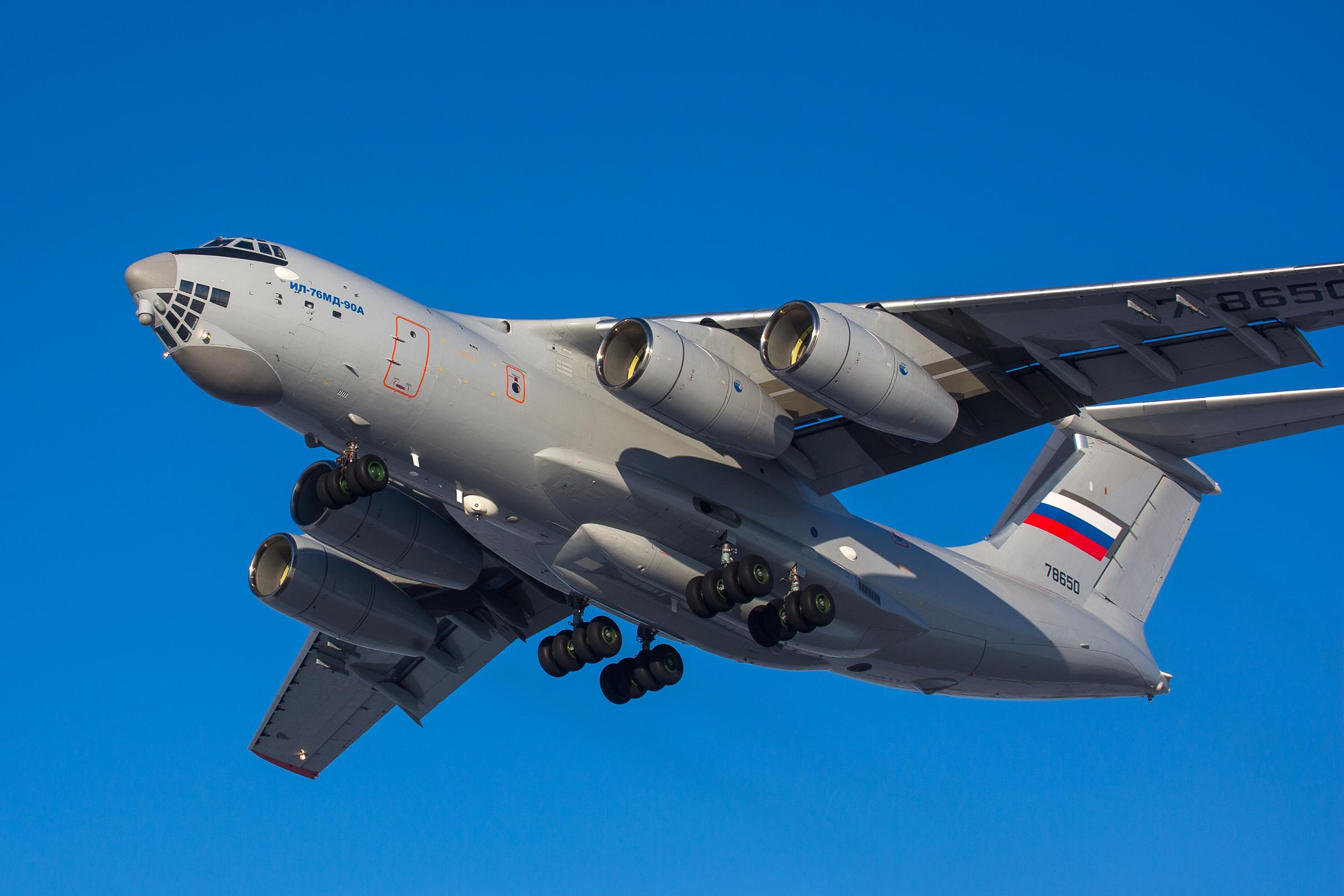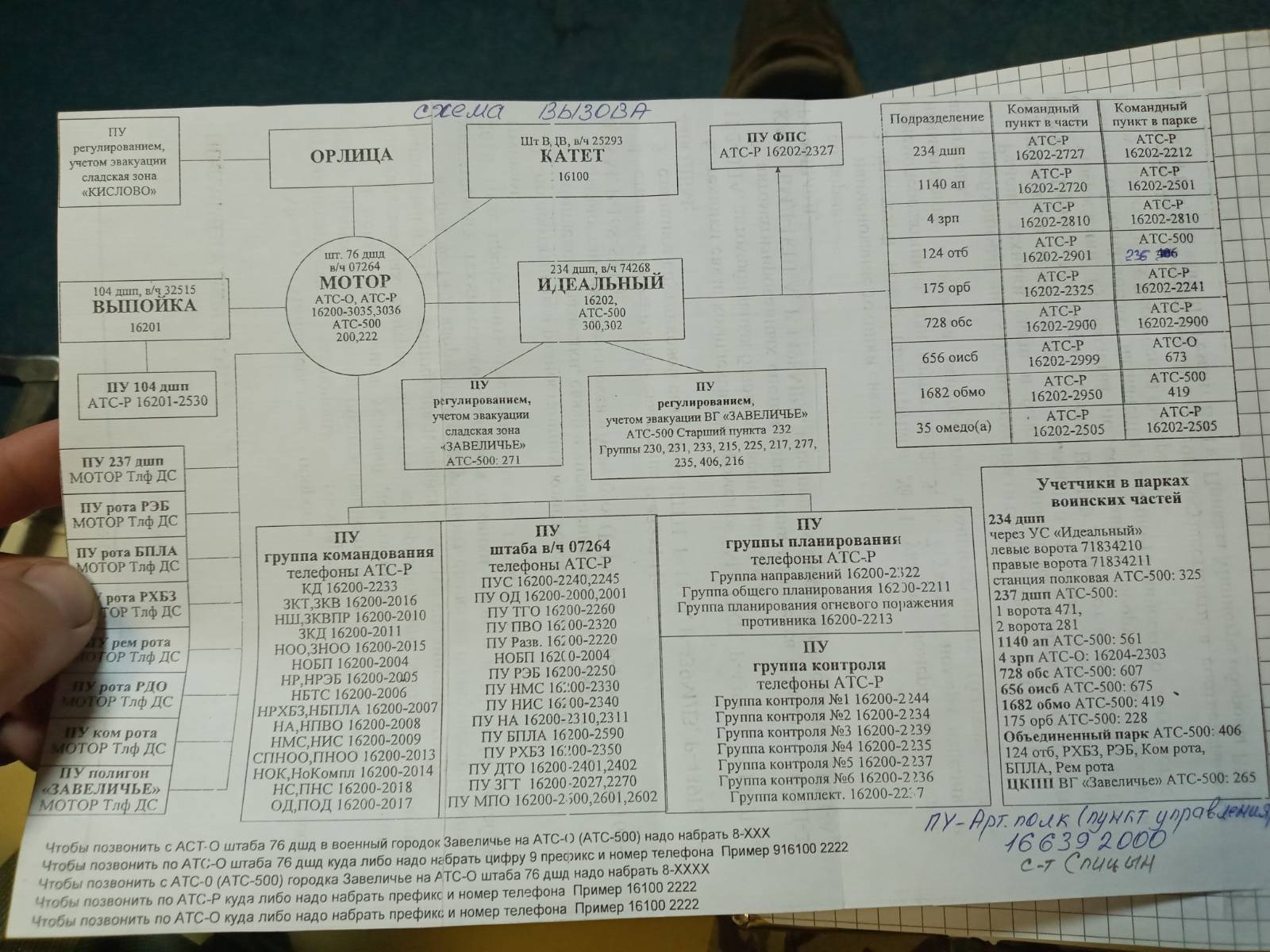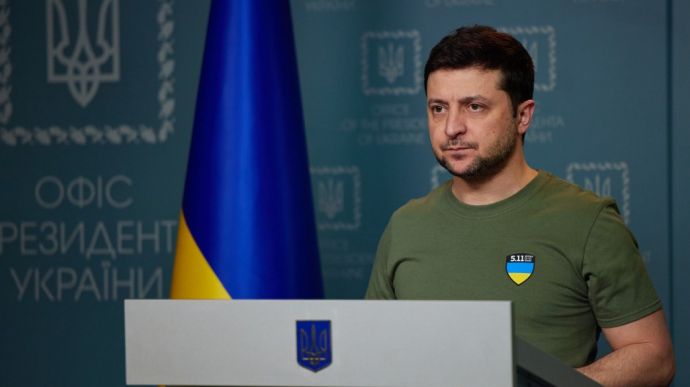The Baltic states are preparing their healthcare facilities for various scenarios that may arise in the event of Russian aggression, drawing on Ukraine’s experience.
Politico reports that Santaros Hospital at Vilnius University, located 50 km from the border with Belarus, is building underground infrastructure, shelters, helipads, and autonomous power and water supply systems in case the standard systems fail.
Estonia’s plans include purchasing bulletproof vests for ambulance squads and switching to satellite phones for communication if the regular network becomes unavailable. In addition, hospitals are purchasing large generators.
“It’s not even a question of whether Russia will attack, but when it will happen… We are already convinced that Russia will strike at civilian and energy infrastructure. And that means we cannot allow a situation where a hospital is not working because there is a problem with a power plant somewhere,” comments Ragnar Vaiknemets, deputy director general of the Estonian Health Board, who is responsible for crisis preparedness in the sector.
Plans are also being prepared to move operating rooms and all key hospital functions to basement facilities.
In addition, mobile hospitals are being purchased that can be deployed autonomously in an emergency, and a supply of medical supplies is being prepared so that there will be enough for the initial period regardless of supply problems.
The authorities anticipate a personnel shortage in the event of war. The problem is already evident, and if hostilities break out, many doctors are likely to put their families first and want to leave.
There have been speculations that Russia, in the context of its ongoing war in Ukraine and tensions with the West, may attack the Baltic states, both members of the EU and NATO.
A survey in Lithuania on this topic showed that more than a quarter of medical workers are likely to leave, less than 40% are willing to stay, and a third are unsure what their choice will be.
NATO Secretary General Mark Rutte believes that Russia could attack NATO countries in five years.
EU Defense Commissioner Andrius Kubilius shares the assessment of Western intelligence that Russia could attack EU countries within the next few years, especially if the intense fighting in the Russian-Ukrainian war stops.
European allies provide military support to Ukraine, which has been suffering from Russian invasion and missile and drone attacks for nearly 40 months. With increased support, Ukraine’s armed forces can inflict greater damage on the Russian military, thereby rendering them incapable of attacking other neighboring countries.








